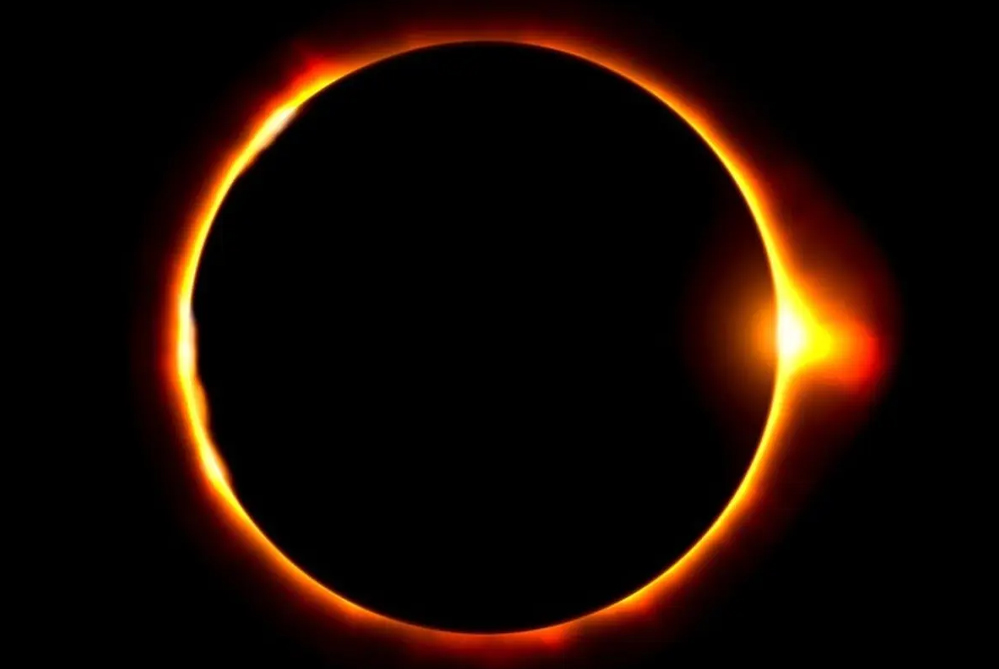In recent years, schools across the country have adapted their schedules for various reasons, including extreme weather conditions, health emergencies, and environmental concerns. Now, several Camden County school districts are preparing for an unusual event—an impending solar eclipse.

Cherry Hill and Pennsauken schools have announced plans to close early on April 8 in response to the total solar eclipse expected to be visible in the region during the afternoon hours when students would typically be leaving school.
Dr. Ronnie Tarchichi, superintendent of Pennsauken schools, cited safety concerns as the primary reason for the early closure. Viewing the sun during an eclipse without proper certified eye protection can lead to serious eye damage, making it a potential hazard for students.
Similarly, Dr. Kwame Morton, acting superintendent of Cherry Hill schools, highlighted the safety risks associated with the eclipse and emphasized the need for proper eye protection. While the eclipse presents an exciting educational opportunity, ensuring student safety remains a top priority for the district.
Although New Jersey is not in the direct path of the eclipse, NASA advises against viewing it without proper eye protection, as even partial exposure can be harmful. The eclipse is expected to be visible in the Camden County area from around 2 p.m. to 4:30 p.m., with partial obscuration of the sun occurring during this time.
Here’s a breakdown of the eclipse schedule:
- Partial eclipse begins: 2:08 p.m.
- Totality begins: 2:49 p.m.
- Maximum: 3:23 p.m.
- Totality ends: 3:57 p.m.
- Partial ends: 4:35 p.m.
While some New Jersey school districts, such as Livingston, have also opted for early closures and the cancellation of after-school activities, others see the eclipse as a valuable educational opportunity. Schools in Abington Township, Pennsylvania, for instance, plan to extend the school day to allow students to observe the celestial event in a supervised and educational setting.
A total solar eclipse, such as the one occurring on April 8, happens when the moon passes between the sun and the Earth, completely blocking the sun’s rays. After this event, it will be another 20 years before the next total solar eclipse occurs, making it a rare and noteworthy phenomenon.



